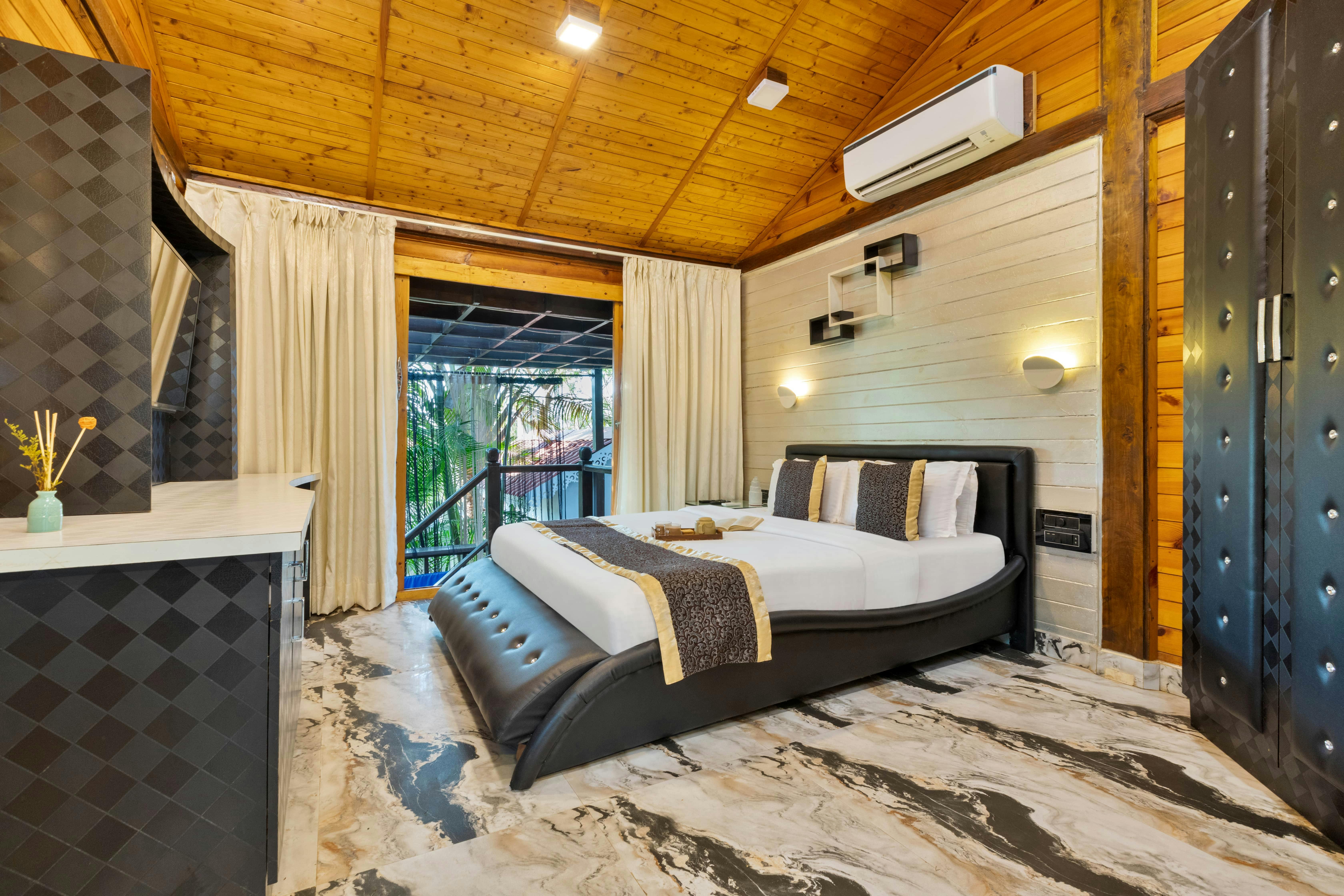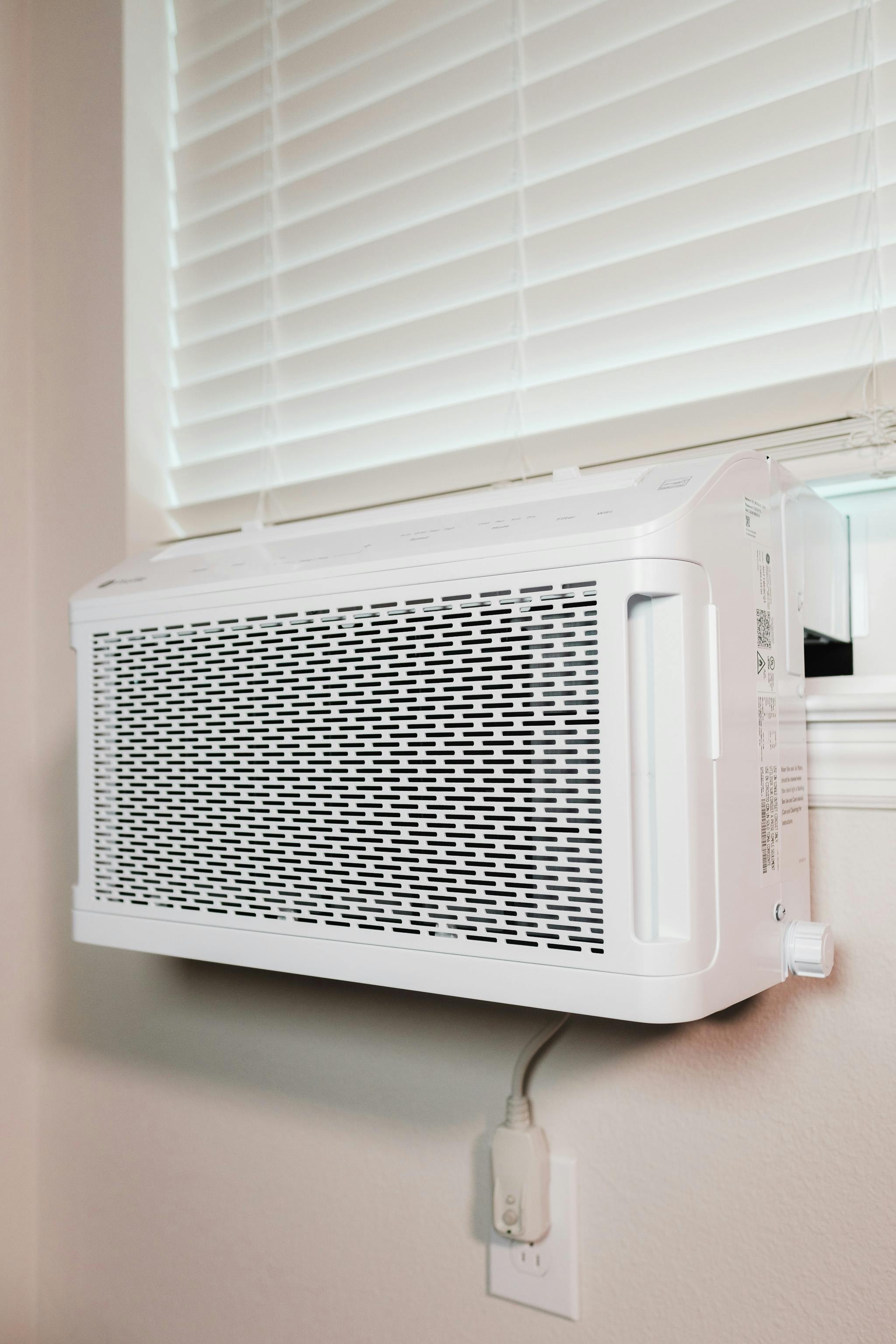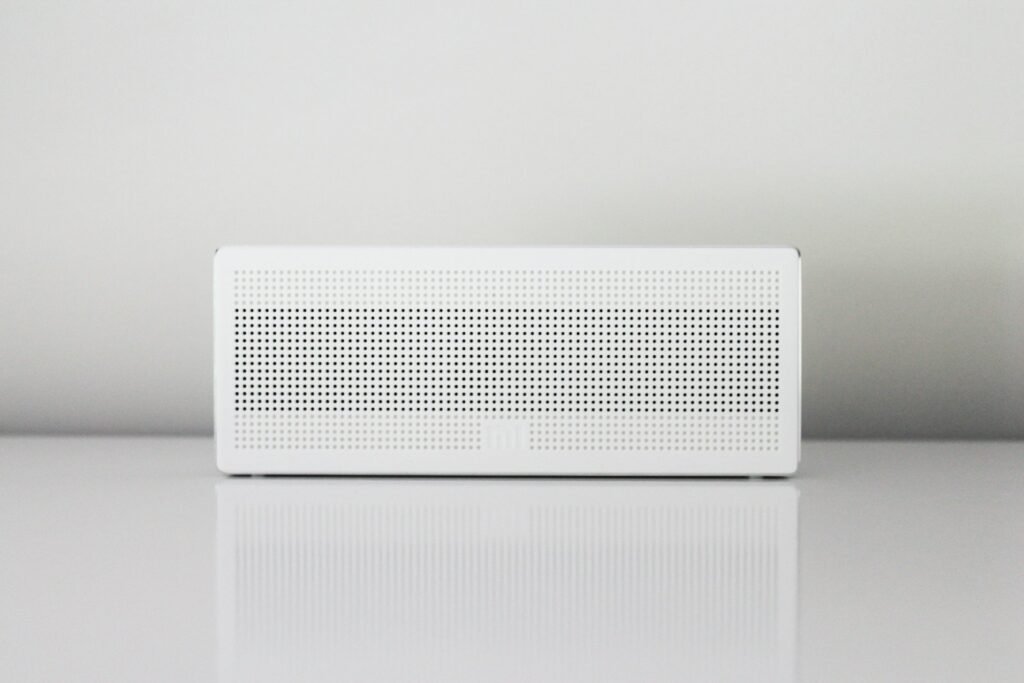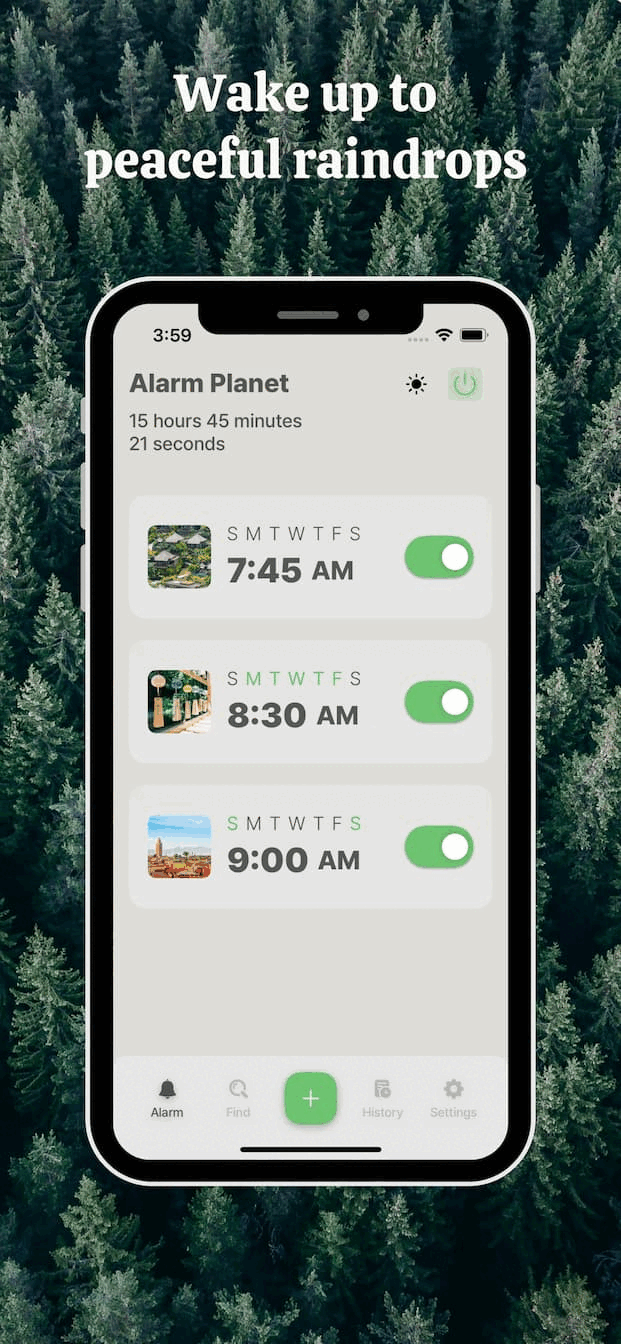 Álvaro Bernal
Álvaro BernalWhy Air Conditioning Sometimes Gets a Bad Rap
On a hot summer day, there’s nothing quite like walking into a cool, air-conditioned room. It’s a relief, right? But every now and then, you may have heard someone complain, “I think the AC made me sick!”
It sounds odd at first — how can cool air make us sick? In truth, it’s not exactly the cold air’s fault. The real issue lies in indoor air quality (IAQ), and how your HVAC system handles it.
Let’s break it down and take a closer look at how air conditioners might be linked to your runny nose or sore throat—and what you can do to keep your home comfortable and safe.
The Truth About ‘Air Conditioning Sickness’
You may have heard the term “air conditioning sickness.” While it’s not an official medical diagnosis, many people report feeling symptoms like:
- Dry skin and eyes
- Sore throats
- Headaches or fatigue
- Allergy flare-ups
- Respiratory irritation
So, where’s that coming from? According to the EPA and HVAC professionals, AC itself doesn’t make you sick—what really causes the problem is how clean and well-maintained your system is.

How a Poorly Maintained AC Can Affect Your Health
Let’s say your air conditioner hasn’t been serviced in a while. Dust, mold spores, bacteria, and pet dander can accumulate in the system, especially in filters and vents. When you run the AC, it circulates all those particles throughout your home. Not so fresh, huh?
Common Health Risks of Dirty AC Systems
Here’s how a neglected system can turn into a possible health hazard:
- Spread of Mold and Mildew: Moisture can build up in your air conditioner coils. Left unchecked, it creates the perfect breeding ground for mold and mildew. When airborne, these spores can cause coughing, sneezing, and even respiratory infections.
- Dust and Dander Circulation: Without clean filters, your AC just keeps pushing these particles around. If you’re sensitive to allergens, this could spell trouble.
- Dry Indoor Air: Central AC can significantly reduce indoor humidity, leading to dry eyes, chapped lips, and irritated sinuses.
- Legionnaires’ Disease: Although rare, some bacteria like Legionella can grow in poorly maintained cooling towers and cause severe pneumonia-like illness.
Feeling uncomfortable can lead us to blame the AC—but it’s often the air itself, not the temperature, that’s really causing irritation.

Photo courtesy of Pexels.com
How to Prevent Your AC From Making You Feel Sick
Here’s the good news: you don’t have to give up on air conditioning to stay healthy. You just need to take care of it, the same way you would any system in your home.
Stay Cool, Stay Healthy — Here’s How:
- Change Your Air Filters Regularly: Aim to replace or clean your HVAC filters every 1-3 months. This keeps dust, pet hair, and pollen out of your airflow.
- Schedule Annual Maintenance: A professional HVAC technician can inspect your unit for mold, clogged filters, and mechanical issues before they become serious.
- Keep Humidity in Check: Ideal indoor humidity levels are between 30% and 50%. If your home feels dry, consider using a humidifier to balance moisture in the air.
- Clean Your Ducts: Over time, air ducts can collect massive amounts of debris and even develop mildew. Have them inspected and cleaned when needed.
- Use an Air Purifier: Adding an air purifier to the rooms you use most can reduce allergens and improve breathing comfort.
An ounce of prevention is worth a pound of cure—especially when it comes to home comfort and health.
Listen to Your Body
If you consistently feel unwell after spending time indoors with the AC running, it’s worth taking a closer look at your HVAC system. People with pre-existing conditions like asthma or allergies may be even more sensitive to air quality changes.
Next time your nose won’t stop running, think twice before blaming it on the “cold air.” Your AC might just need some TLC.

Photo courtesy of Pexels.com
When to Call a Professional
If your home’s air conditioner hasn’t been inspected in over a year, or you suspect something more serious like mold growth or a musty smell, it’s time to bring in the pros.
Here are a few signs you need professional HVAC help:
- Unusual odors coming from your vents
- Visible mold or moisture around your AC unit
- Frequent allergy flare-ups indoors
- Low airflow despite setting fan to high
A certified technician can not only check your system but also tune it up so it runs more efficiently—saving you energy costs and improving your indoor air at the same time.
Bottom Line: Your AC Isn’t the Enemy
So, can an air conditioner make you sick? Not directly. But a neglected, poorly maintained AC system can create an unhealthy indoor environment that might make you and your family feel unwell.
The key is maintenance and awareness. Just like your car or your teeth, your HVAC system needs regular check-ups. With a little care and some smart habits, you can enjoy crisp, cool air all summer long—without the sniffles.
Need a Hand?
Maintaining your home’s HVAC doesn’t have to be overwhelming. Companies like Hurley & David offer full-service HVAC maintenance plans that make it easy to stay on top of your comfort and health.
Don’t let your AC sabotage your well-being. Stay cool, stay healthy, and breathe easy—because you deserve it.













